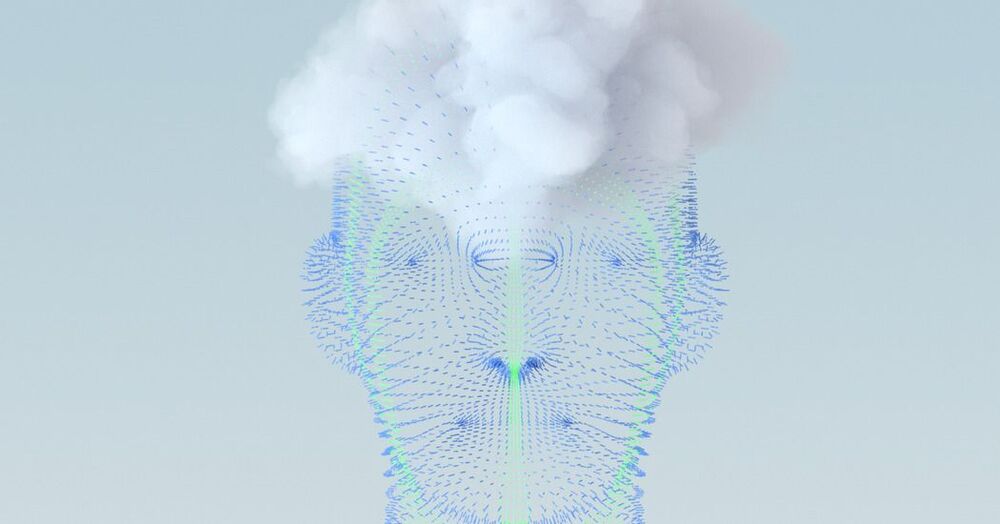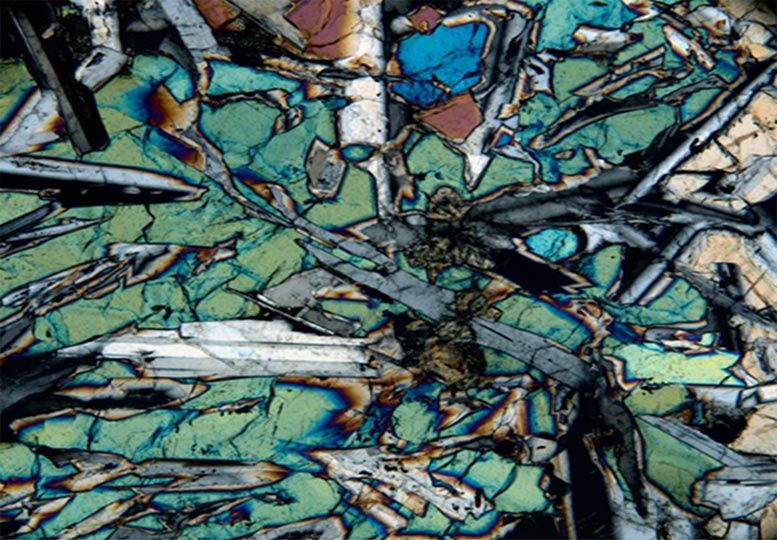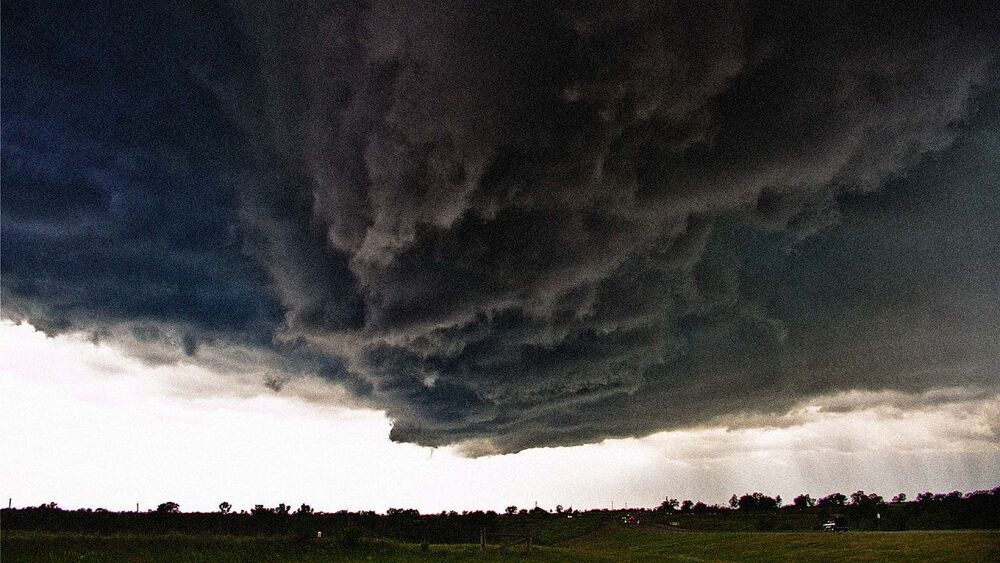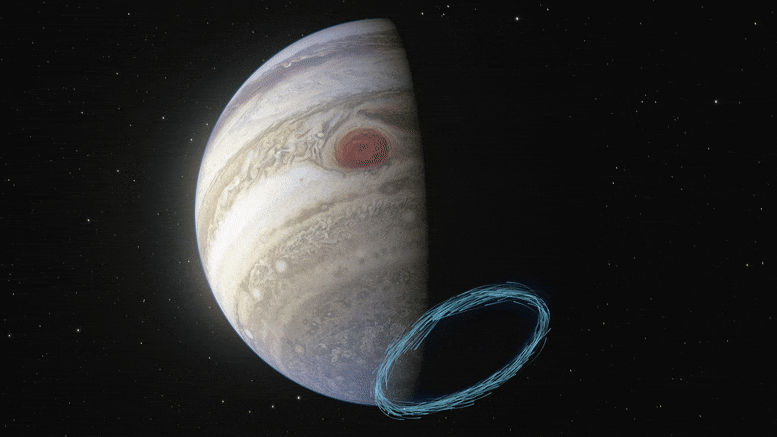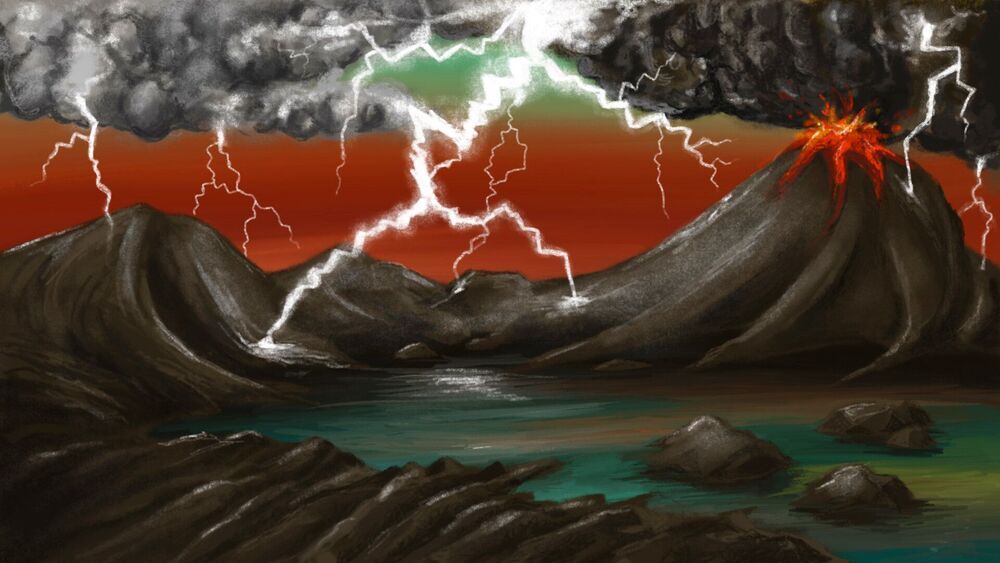Amid population growth and a changing climate, we meet the food producers doing more with less.
Check out VICE News for more: http://vicenews.com.
Follow VICE News here:
Facebook: https://www.facebook.com/vicenews.
Twitter: https://twitter.com/vicenews.
Tumblr: http://vicenews.tumblr.com/
Instagram: http://instagram.com/vicenews.
More videos from the VICE network: https://www.fb.com/vicevideo.
#VICENews #News
